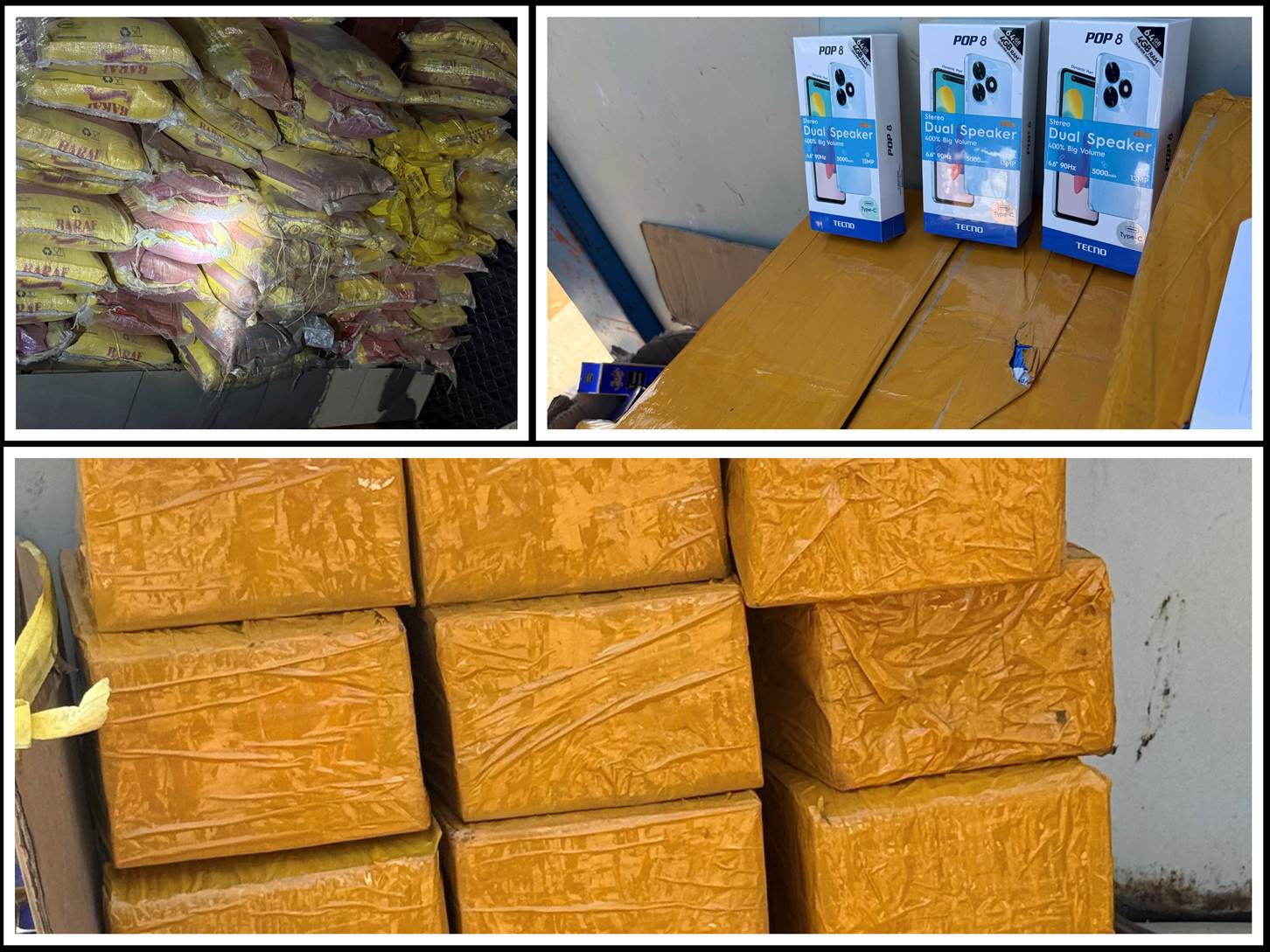BY FLORENCE NAMUGANZA
DHL Supply Chain International Ltd, a Ugandan subsidiary of the the Deutsche Post (DHL group in Germany) has been ordered to pay UGX 1,484,422,000 of Value Added Tax (VAT) to URA in a ruling by the Tax Appeals Tribunal (TAT).
The ruling follows DHL’s appeal to TAT challenging URA’s position to collect VAT on imported services including management, Information Technology and internet connectivity services said to have been consumed between January 2014 and December 2016.
In DHL’s argument, the said services are procured and provided by the DHL Supply Chain Management GmbH, a subsidiary of the parent company the Deutsche Post (DHL group) in Germany, for the subsidiary stations across the world, however, the cost is met by individual regional offices according to consumption rate.
They added that during the period assessed, the Ugandan subsidiary company was unable to pay for the services due to financial constraints and as such, the parent company “forgave” DHL Uganda of its liabilities. The Ugandan company thus reversed these expenses and issued credit notes for the said reversal in 2017.
URA, represented by Counsel Mwajumah Nakku Mubiru and Diana Mulira Kagonyera from the Legal Department argued that the VAT assessment was based on the fact that the said services were duly provided to and consumed by DHL. It was also evident that DHL had deducted and paid the Withholding Tax (WHT) for the services which it received from its parent company but did not declare any VAT on the said amounts.


URA’s key witness, Ms. Jane Francis Baggya from the Domestic Taxes Department testified that from the audits done by URA, DHL Uganda acknowledged receipt of the services as evidenced by invoices and copies of contracts with service providers. The authority maintained that the credit notes were issued outside the audit period and in any case, these are not used to write off bad debts but rather correct errors in invoices.
URA explained that the credit note move was only drawn to avoid paying VAT and claim a refund of the WHT earlier paid by DHL.
The Tribunal ruled that the function of a credit note is to correct amounts in invoices and returns arising from the occurrence of the transaction as per Section 22(1) of the VAT Act but not to write off a company’s debt.
TAT also found that credit notes issued for purposes of writing off a debt are not valid for the reason that they are not issued bonafide to correct a genuine mistake or overcharge. The issue of credit notes arose after DHL was assessed VAT arising from its declaration in payment of Withholding Tax. The services had been provided and consumed.
Further, TAT ruled that for VAT purposes, a transaction between DHL’s branch in Uganda and the head office outside Uganda falls within the scope of VAT and is liable to VAT. DHL was subsequently ordered to pay the VAT assessed of UGX. 1,484,422,000 with legal costs awarded to URA.










